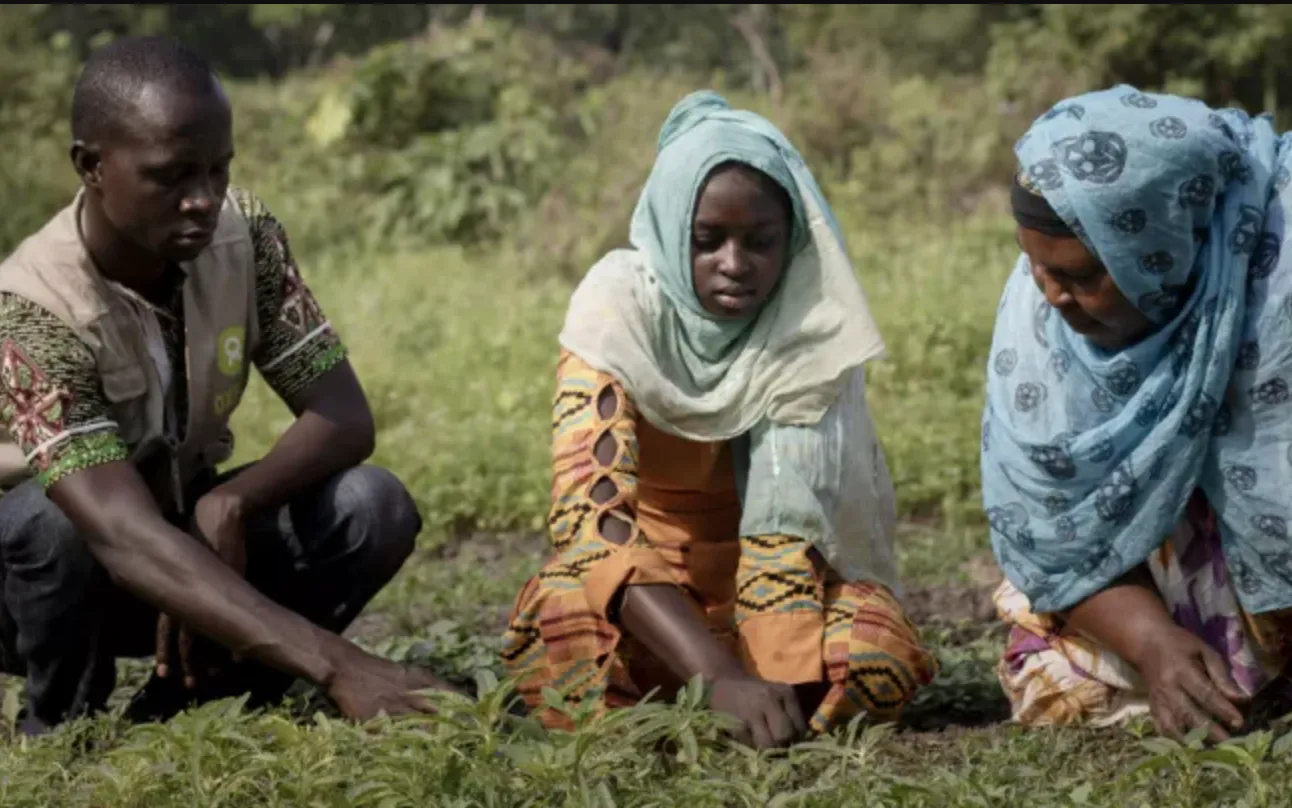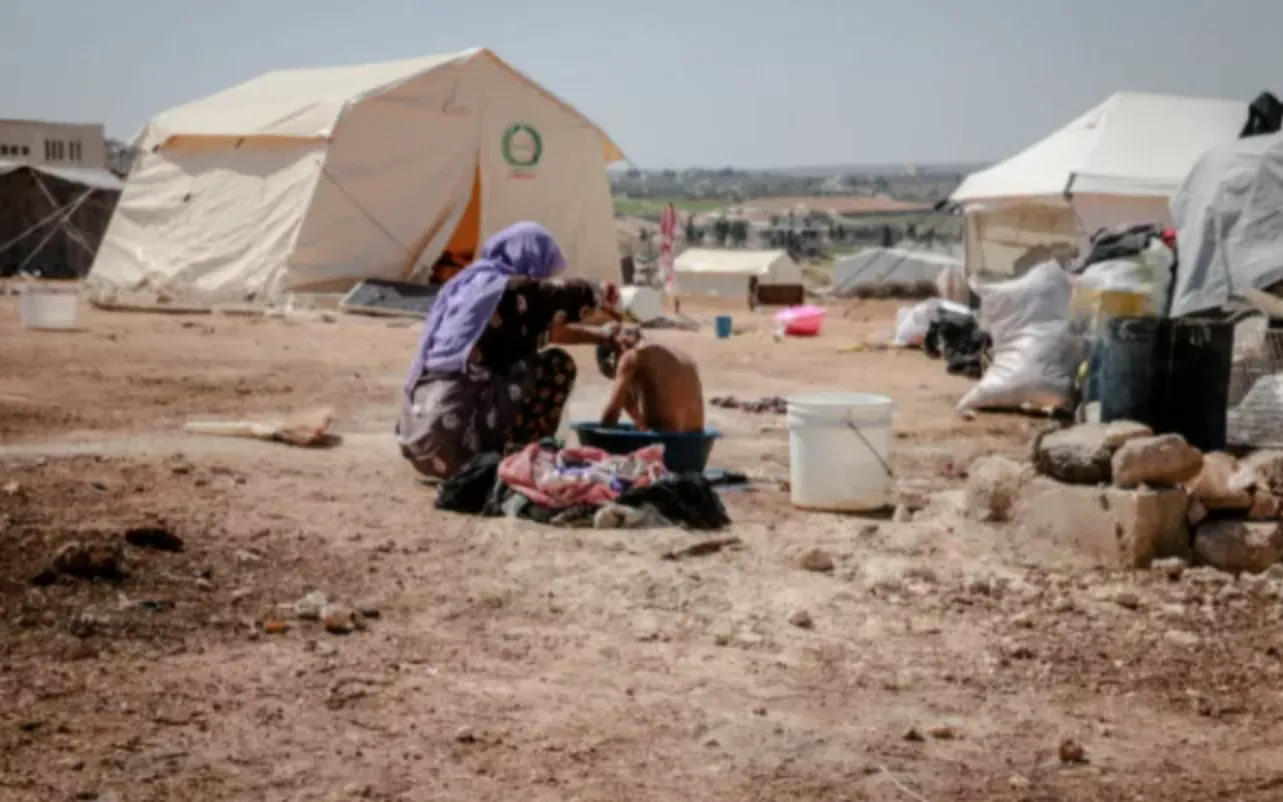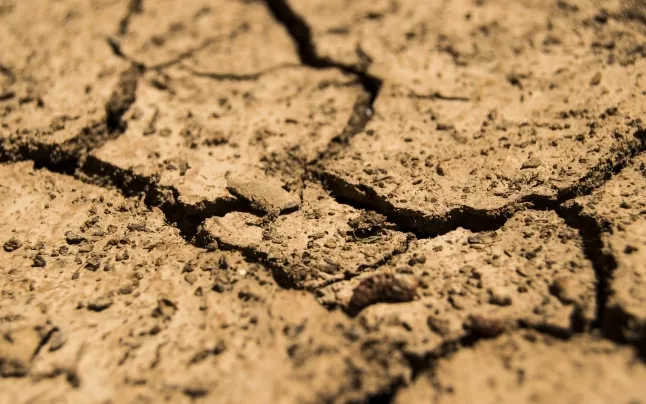Economic instability exacerbated by the pandemic, the climate crisis and the aftermath of war are the main causes of starvation.
The year 2020 had major consequences in the area of health due to conflict, climate change and, of course, the Covid-19 pandemic. In 2021, however, the numbers haven't improved. A clear example is the food crisis; up to eleven people could die per minute this year from starvation, four more per minute than from the virus.
According to Oxfam Intermon in the report ‘The hunger virus multiplies’, which warns of the current rate of hunger mortality, warns of the increase in people affected. Currently, 155 million people live in food crises, twenty million more than the previous year. In addition, half a million people live near a famine, a six-fold increase since 2020.
Mass unemployment and disruptions to trade due to the pandemic have caused the price of products to skyrocket by 40%, the most significant increase in more than a decade. Economic instability combined with the climate crisis and its consequences on the ground have left these figures devastating. In addition, two out of three people in a food crisis live in a country in conflict, causing 48 million people to be displaced by 2020.
Hunger, a weapon against impoverished countries
As the world starves, military spending has risen by $ 51 billion worldwide. This money is more than six times the amount calculated by the United Nations needed to end world hunger.
However, during the pandemic the ten richest people in the world have increased their fortunes to $ 413 million by 2020. While half of the world's population survives on less than $ 5.5 a day, there are 2,200 thousand millionaires who own the wealth of 4,600 people together.
"Hunger continues to be used as a weapon of war, depriving the civilian population of water and food and preventing the arrival of humanitarian aid. People cannot live safely or get food if markets are bombed and crops and herds are destroyed, ”said Lourdes Benavides, head of Oxfam Intermón’s Fragile Countries.
Oxfam Intermón calls on the UN Security Council to demand accountability from countries that use hunger as a weapon and to ensure a universal vaccine to address the humanitarian crisis arising from the current health situation to promote equality.
States must "take steps to stop conflicts from exacerbating catastrophic hunger levels. Instead, governments must ensure that humanitarian assistance reaches those who need it most", Benavides said.
The UN Global Humanitarian Response Plan, designed to address Covid-19 in the most vulnerable countries, has been funded by only 24% of the $ 7.3 billion. Only 9% of this money is committed to the food crisis.
These cuts have affected the response capacity of international organizations, delaying the process of channeling donated funds or even stopping funding for local organizations. In Chad or Mauritania, for example, humanitarian organizations have had to reduce or suspend their activities due to the pandemic, further aggravating the crisis situation.
Areas of hunger
It's not a coincidence that eight of the ten critical points of hunger are affected by high levels of violence and insecurity. Yemen, the Democratic Republic of the Congo, Afghanistan, Venezuela, the Sahel area in West Africa (including Burkina Faso, Mali, Mauritania, Niger, Chad, Senegal and Nigeria), Ethiopia, South Sudan, Syria , Sudan and Haiti are the areas most affected by famine.
India, South Africa and Brazil are emerging areas in the food crisis, as the large number of Covid-19 cases have worsened restrictions and thus the economy of countries by the closure of small businesses. Unemployment of more than half the population is a key point; the International Labor Organization (ILO) estimates that 305 million people have lost their jobs full-time due to the pandemic, affecting more young people and women.
Solutions proposed by the NGO include building fairer, more resilient and sustainable food systems, promoting women’s leadership or canceling debts to allow developing countries to expand their social protection systems.
With regard to the climate crisis, Oxfam has launched the ‘Plant Yourself’ campaign to help people in a vulnerable situation. They report that half of the world's population is only responsible for 10% of emissions causing climate change, with Africa responsible for only 5%, and the continent that suffers the most.









Add new comment